The Hunger: “Deeply disturbing, hard to put down” – Stephen King
£4.70
“Deeply, deeply disturbing, hard to put down, not recommended reading after dark.” – Stephen King
After having travelled west for weeks, the party of pioneers comes to a crossroads. It is time for their leader, George Donner, to make a choice. They face two diverging paths which lead to the same destination. One is well-documented – the other untested, but rumoured to be shorter.
Donner’s decision will shape the lives of everyone travelling with him. The searing heat of the desert gives way to biting winds and a bitter cold that freezes the cattle where they stand. Driven to the brink of madness, the ill-fated group struggles to survive and minor disagreements turn into violent confrontations. Then the children begin to disappear. As the survivors turn against each other, a few begin to realise that the threat they face reaches beyond the fury of the natural elements, to something more primal and far more deadly.
Based on the true story of The Donner Party, The Hunger is an eerie, shiver-inducing exploration of human nature, pushed to its breaking point.
Read more
Additional information
| Publisher | Transworld Digital (6 Mar. 2018) |
|---|---|
| Language | English |
| File size | 6376 KB |
| Text-to-Speech | Enabled |
| Enhanced typesetting | Enabled |
| X-Ray | Enabled |
| Word Wise | Enabled |
| Sticky notes | On Kindle Scribe |
| Print length | 373 pages |

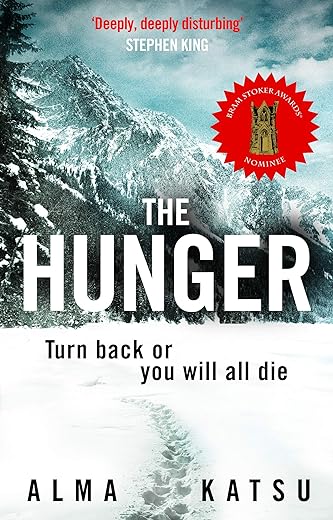

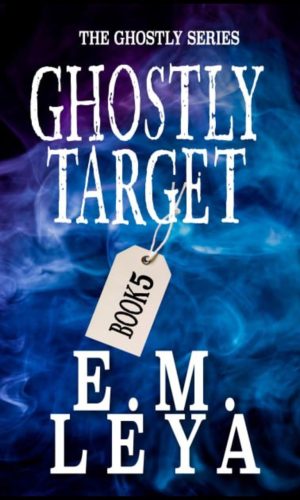
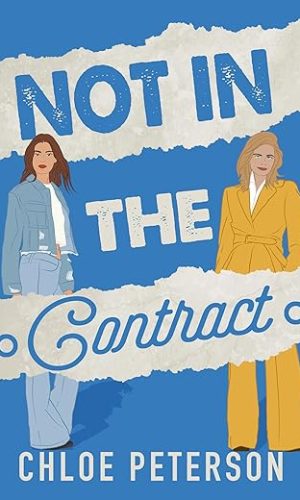
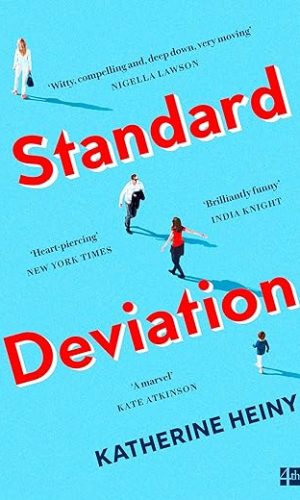
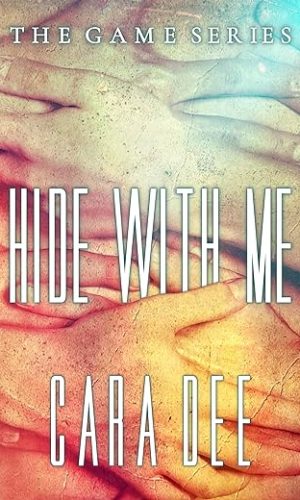
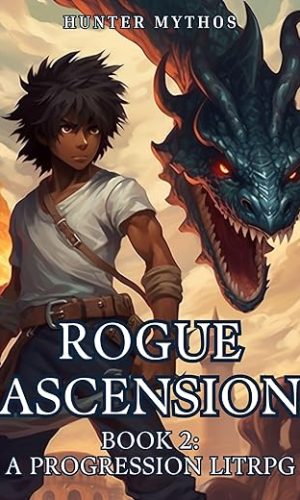
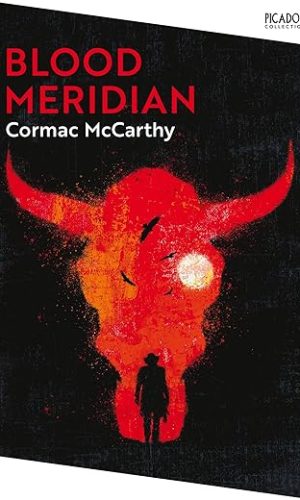

by Red Lace Reviews
(WARNING: This review contains minor spoilers.)
The Donner Party of 1846–1847 is interesting reading, certainly bleak, but a grand test of survival which in itself is enough to make me uncomfortable. I think on some level I knew I’d enjoy The Hunger, especially with what I’d heard from the book community and fellow reviewers; a relatively lengthy and slow burning volume (anything over four hundred pages typically intimidates me), focused on the characters and their harrowing trek to California. The rather subtle elements of horror and building of atmosphere had me immediately engrossed, and I remained dedicated to the journey until its climax. I’ll admit that it took effort, a story like this usually does with its large number of characters that are all tangled in a complex web of relationships and motives. At times I forgot who was who, especially those names that were more in the background than the fore-front. That said, because of the amount of people, there was a lot of potential for conflict, and Katsu took advantage of sowing discord amongst the group of travellers, illustrating such things as paranoia and desperation.
That was my favourite thing about the entire novel: human nature, a horror in its own right. Circumstances got dark, and there was more than enough misery to go around as the wagon train splintered. It was hard not to pick up on the foreshadowing throughout, which solidified suspense in the best possible way; Reed’s concerns, as well as Elitha’s mystical insight, pointed toward an inevitable outcome that couldn’t be avoided, no matter how much I wished for otherwise. I’m aware that in order to spin this tale, historical accuracy needed to be altered, but for the sake of dramatic fiction it was handled decently well, with obvious knowledge behind the scenes. Plausible backstories were even included to shed light on the secrets that plagued the main few protagonists, and I appreciated the fleshing out of these personalities, making them seem all the more authentic as people.
The supernatural threat went the ambiguous route, not fully confirming the specifics. I’ve read several opinions of interpretation, and I guess I came away with my own ideas – sometimes this approach doesn’t work for me, and sometimes it succeeds in what it’s supposed to do, encouraging my imagination to fill in the blanks. I really took to Alma’s writing and soaking up the mood in this instance, but there was a part of me that wished for a tiny bit more. Much of the gruesome detail took place off the page, and I can think of one development in particular that altogether skipped over the grisly bits, instead going straight to the aftermath – as creepy as it was, I just considered this a disappointment and a missed opportunity to amp up the emotions. I think those that go looking for an overly descriptive take on people eating each other would be let down.
In conclusion: Despite downplaying the elements of cannibalism, The Hunger fused a sinister tone with an already disturbing story. I was invested from the beginning, fascinated with the decline of morale and mental well-being of the fractious group of pioneers. Admittedly, I had a bit of a difficult time keeping up with all the characters, but the sheer eeriness and sense of dread, as well as the expertly penned atmosphere, kept me hooked.
Notable Quote:
“Then the Lord must be mightily displeased with you, because he has led you into the valley of death. Make peace with your Lord before it is too late, because the hungry ones are coming for you.”
© Red Lace 2020
by SausageRoller
I thoroughly enjoyed this book.
by Mrs. M. Officer
The story was alright.
Just not as disturbing and scary as i thought it would be, compare to other Donner party stories I’ve read.
by Red Lace Reviews
If you’re a fan of historical fiction, with a vague touch of the supernatural then Alma Katsu’s “The Hunger” may well be the book for you. I thoroughly enjoyed it and although it’s a novel which may not be lumped with ‘horror’ in the bookshops it has got more than enough to keep fans of the genre entertained, particularly in its gruelling second half.
Based on a true story, the disappearance of a large wagon train heading west towards California in the mid-1840s, Alma Katsu has made a superb job of recreating the hard and dangerous life of the wagon train. For much of the perilous journey there is a vague suspicion of something nasty tracking the ninety or so travellers, including many children, wives and old folks. Many of the group were desperate men, heading west with a lack of provisions, ill-prepared and hoping to survive the perilous 2000 mile journey to enjoy what later became known as the ‘American Dream’. But instead we’re heading into nightmare territory.
It’s hard to know what to compare this superb beast of a novel to, however, if Dan Simmons decided to tackle the American frontier period he may well come up with something like “The Hunger” and that’s high praise indeed. The novel is full of colourful period detail, exquisitely researched, and although it moves along at a slow pace it is never dull and I read it very quickly. However, if you do prefer a slash, bang, wallop kind of horror then this is probably not the book for you. It inhabits the literary end of the genre and is a fine example of how to build tension, slow dread and fear as the travellers are picked off one by one after the first young boy is disappears early in their journey, his eaten corpse found strangely ahead of the wagon train a few days later. Indians or wolves are suspected, but soon the fear and suspicion spreads.
According to the informative author end-notes the true events of the disappearance of the ‘Donner Party’, or at least the facts that do exist, was common knowledge until the last couple of generations and have now disappeared from common American historical knowledge. As George Donner had the most wagons and financial clout he declared himself leader of the convoy, but with winter fast approaching the wagon train falls behind schedule and they are left with a critical choice to make. Either go the familiar safer wagon route, or follow a supposed short-cut which is unexplored, but rumoured to shave 300 miles from the journey. They foolishly take the short cut.
Although the whole book is a journey, with something nasty lurking in the background, the book is as much about the people as anything else. It is also easy enough to argue the plot would have been strong enough without any supernatural elements at all. Seen from multiple points of view there are some wonderfully drawn characters and the novel uses both flashbacks and letters to explore many key back stories. For many of them, risking a 2000-mile journey, means they are running away from something. Amongst these good Christian men and women, we have every kind of secret from infidelity, homosexual lust, murder, to incest, all of which slowly unravel as the wagon train begins to flounder. Laced into the plot are many clever cultural observations from the period, for example, why were unmarried men treated with suspicion? As one of the leading characters Stanton finds out.
“The Hunger” was a superbly thoughtful novel, which ultimately stretched the limits of human endurance, as there is more than one kind of ‘hunger’ within the pages of the book. Its strength lies in its depiction of the pioneer spirit of the brave ninety souls searching for a dream, not knowing a nightmare was waiting. Turning a factual event into a very readable novel is tricky, adding a convincing supernatural angle is even more difficult, but the author pulls it off admirably. It’s possible readers of ‘straight’ historical fiction may not like the direction the novel heads in the final 25% of its gruelling 400 pages. But, hey, that’s their loss.
by Solaire
I really liked this. A good set-up, evocative writing, and satisfying conclusion. It could be improved by editing down character backstory to only appear in the first half of the book, so the second half is all action. Good stuff overall though, if you like frontier stories with a bit horror then this is for you.